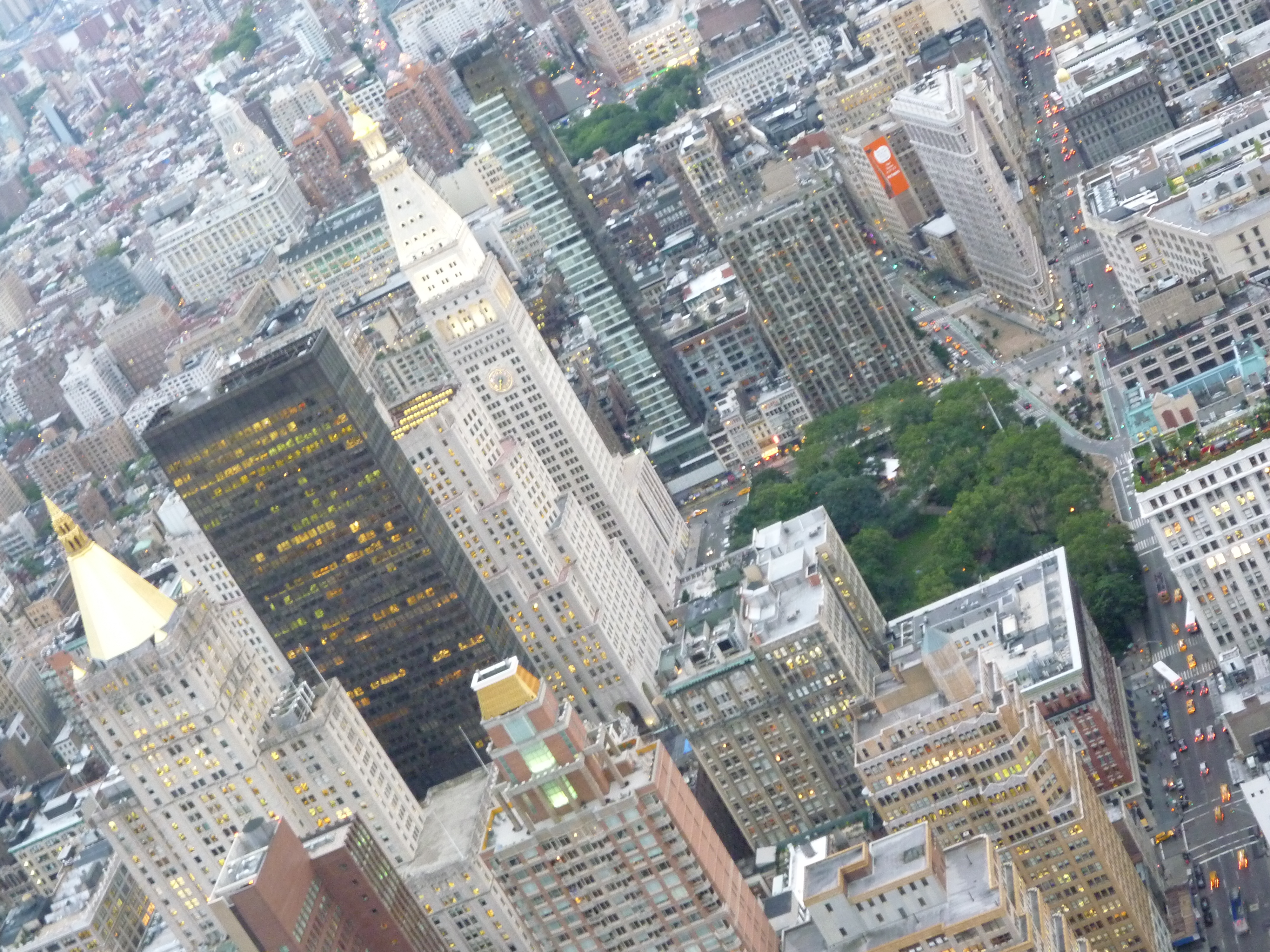|
The Big Apple: Recession? What Recession?
Stephen
Chung Managing Director
Zeppelin
Real Estate Analysis Limited
October 2011
Your humble author has just visited North America including a short trip to the Big Apple aka New York City [NYC]. If there are recessions in the USA, they are not quite evident or felt in the still hustling bustling NYC. Here are some of the things observed: a) Expensive hotel rates = based on perhaps incomplete internet searches for NYC hotels, 3 stars range around US$250 per night, 4 stars US$350, and 5 stars or near 5 stars US$450 and up. And these rates are before the various hotel taxes, city taxes, and so on. Breakfasts and parking are likely extras and do allow for tips and gratuities also. The hotels seem mostly full too. b) Busy streets and very hectic traffic = ok, and yes, admittedly many of the pedestrians are probably tourists and visitors like your humble author. Nonetheless, even discounting those who do not dress in suits or smart casuals assuming few tourists dress themselves up for NYC, there are still sizable crowds who apparently work, live, and breathe there, roaming the streets and corners of the place. c) Pricey restaurants and foods = while one can get a hot dog from a street vendor for US$2, one can also easily spend US$50 in a typical pricey-looking restaurant by having a (New York City-styled, whatever this means) burger + salad (to make the meal feel healthy psychologically) + beer (good beer plus good beef = awesome). Prices could shoot up to US$80 if the beef is, or claims to be, Kobe beef. d) Pricey Broadway shows = a typical show can cost over a hundred bucks, and many cost even more. Nonetheless, not all feature big names or popular titles. Given that one could get to watch e.g. the Eagles live in Hong Kong for the equivalent of US$200, some Broadway shows do appear to be a steal, for the organizers that is. e) Still pricey real estate = while prices have come down from their peaks, they are by no means low although half a million may get you a decent (i.e. not luxurious) unit in an upgraded (i.e. formerly horrible) neighborhood. Also, many previously so-so neighborhoods e.g. Soho, Harlem have improved infrastructure now and are enjoying better safety and civic vitality. New modern developments now mingle with the old brown brick-stone housing. Nonetheless, despite the above, your humble author has also visited other North American spots such as Fort Lauderdale (in low season) which by and large do not exhibit the vibrancy one senses in NYC. There seems to be more staff than shoppers in some malls, and hotels are roughly 1/2 to 1/3 of the rates seen in NYC. As such, one cannot help not to ponder the possible reasons for NYC”¦s busyness. Here are a few speculations: 1) A global destination = tourists visiting the USA may forego other cities and places yet few would not want to take a look-see at the Statue of Liberty, stroll along 5th Avenue, visit the 911 Memorial Site, try out the NY burgers, or shop. Likewise with investors in USA assets. 2) Still commanding the global economy = irrespective of what and how one thinks of Wall Street, it is still alive and kicking (perhaps a bit down compared to before but otherwise, the bankers”¦ bonuses are still the world”¦s envy) and global investments still have much to do with American investors and American money. 3) QE, OT, and US$ bonds = notwithstanding all the skeptical views about the US$ value and the like, investors, sovereign ones included, are still buying up US$ bonds and treasuries thus feeding the city with constant money flows. Coupled this with financing easing and the latest Operation Twist, it would be strange if NYC becomes down and out. 4) Just plain fun = yes, NYC is not the only big metros in the world or even the most populated, yet it has a unique character of its own and this is in part reflected in its neighborhoods, cultural activities, and business acumen. This is not to say it is the best city in the world, just that it is different and there is no close substitute. London in the UK is on parity but different, and so is perhaps Shanghai or Hong Kong. On the whole, given its real estate market has only dropped by no more than 20% overall, and assuming the possibility of drastic economics such as a double dip being not entirely remote, there is no urgent need to jump right into the market at this juncture. Also, good values may also exist in districts next to Manhattan.
Notes: The article and/or content contained herein are for general reference only and are not meant to substitute for proper professional advice and/or due diligence. The author(s) and Zeppelin, including its staff, associates, consultants, executives and the like do not accept any responsibility or liability for losses, damages, claims and the like arising out of the use or reference to the content contained herein. |
Phone (852) 37576388 Fax (852) 37576399 E-mail contact@real-estate-tech.com
Address c/o Zeppelin, Unit 1007, 10/F, CCT Telecom Building, 11 Wo Shing Street, Shatin, NT, Hong Kong
Copyright rests with Zeppelin and/or relevant authors




